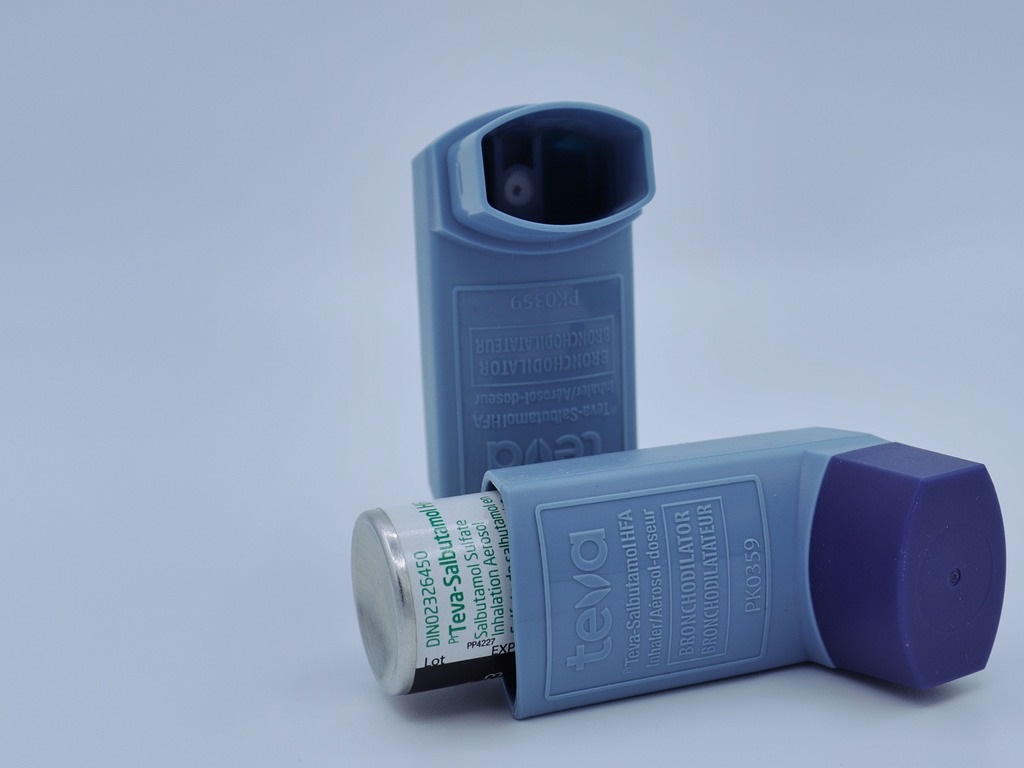Asthma is a chronic respiratory condition that affects millions of people worldwide, causing symptoms such as shortness of breath, wheezing, and coughing. While there is no cure, effective management strategies can help individuals lead a normal and active life. By understanding triggers, using medication correctly, and making lifestyle adjustments, asthma sufferers can breathe easier and reduce flare-ups.
Identifying and Avoiding Triggers
One of the most effective ways to control asthma is to identify and avoid triggers that can cause symptoms to worsen. Common triggers include allergens such as pollen, dust mites, pet dander, and mold, as well as environmental irritants like smoke and strong odors. Weather changes, cold air, and respiratory infections can also lead to flare-ups. Keeping a clean living environment, using air purifiers, and minimizing exposure to known allergens can help reduce the frequency of asthma attacks.
Using Medications Properly
Asthma medications play a crucial role in managing the condition. There are two main types: long-term control medications and quick-relief inhalers. Long-term medications, such as inhaled corticosteroids, help prevent symptoms by reducing inflammation in the airways. Quick-relief inhalers, such as albuterol, are used to treat sudden symptoms. Proper inhaler technique is essential to ensure the medication reaches the lungs effectively. Following a doctor’s prescribed treatment plan and not skipping doses can significantly improve asthma control.
Practicing Breathing Exercises
Certain breathing techniques can help improve lung function and reduce asthma symptoms. The Buteyko breathing method and diaphragmatic breathing encourage slow, controlled breaths that can help prevent hyperventilation. Practicing these techniques daily can make breathing easier and reduce the risk of an asthma attack.
Maintaining a Healthy Lifestyle
Regular exercise, a balanced diet, and weight management can all contribute to better asthma control. Low-impact activities like swimming, walking, and yoga can strengthen the lungs without triggering symptoms. Eating foods rich in antioxidants, such as fruits and vegetables, can help reduce inflammation. Staying hydrated and avoiding processed foods with additives that may trigger reactions can also support respiratory health.
Monitoring Symptoms and Seeking Medical Help
Keeping track of symptoms using an asthma diary or an app can help identify patterns and potential triggers. If symptoms worsen despite following a treatment plan, seeking medical advice is crucial. A doctor may adjust medications or recommend additional therapies to ensure better asthma control.
Asthma can be managed effectively with the right combination of medication, trigger avoidance, and lifestyle adjustments. By understanding how to control symptoms and responding early to warning signs, individuals with asthma can lead active and healthy lives. Consistency in following a treatment plan and maintaining good respiratory health habits can make a significant difference in breathing easier every day.

